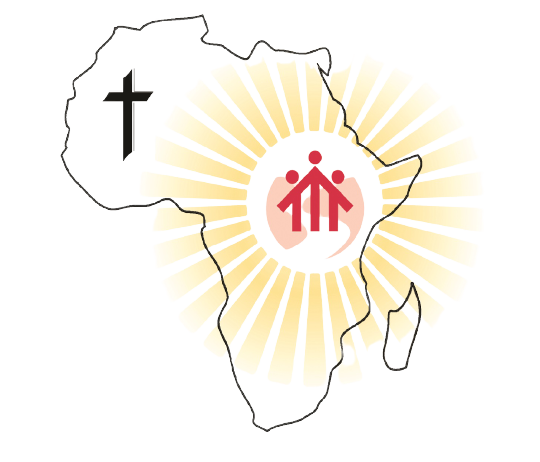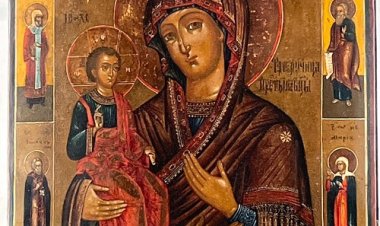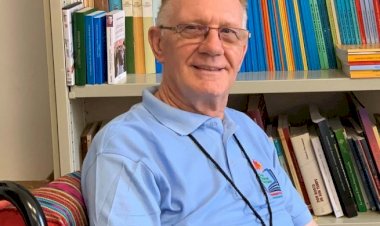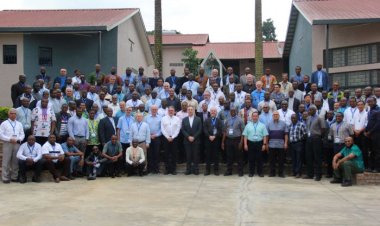Churches as Field Hospitals
Most of us are familiar with Pope Francis’ comment that today the church needs to be a field hospital. What’s implied here?
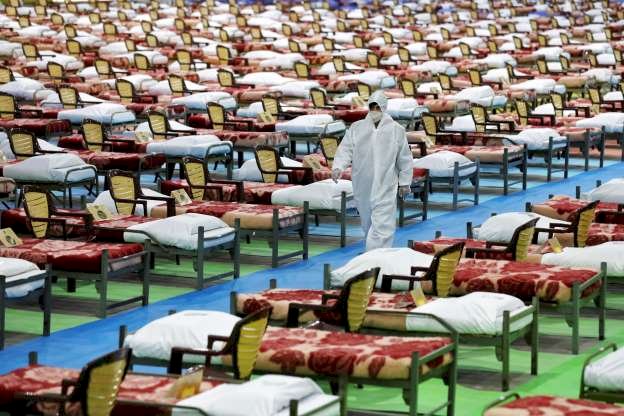
Churches as Field Hospitals – Fr Ron Rolheiser OMI
(First published on his website – www.ronrolheiser.com - on April 20, 2020)
Most of us are familiar with Pope Francis’ comment that today the church needs to be a field hospital. What’s implied here?
First, that right now the church is not a field hospital, or at least not much of one. Too many churches of all denominations see the world more as an opponent to be fought than as a battlefield strewn with wounded persons to whom they are called to minister. The churches today, in the words of Pope Francis, have often reversed an image in the Book of Revelation where Jesus stands outside the door knocking, trying to come in, to a situation where Jesus is knocking on the door from inside the church, trying to get out.
So how might our churches, our ecclesial communities, become field hospitals?
In a wonderfully provocative article in a recent issue of America Magazine, Czech spiritual writer, Tomas Halik, suggests that for our ecclesial communities to become “field hospitals” they must assume three roles:
a Diagnostic one – wherein they identify the signs of the times;
a Preventive one – wherein they create an immune system in a world within which malignant viruses of fear, hatred, populism, and nationalism are tearing communities apart; and
a Convalescent one – wherein they help the world overcome the traumas of the past through forgiveness.
How, concretely, might each of these be envisaged?
Our churches need to be diagnostic; they need to name the present moment in a prophetic way. But that calls for a courage that, right now, seems lacking, derailed by fear and ideology. Liberals and conservatives diagnose the present moment in radically different ways, not because the facts aren’t the same for both, but because each of them is seeing things through its own ideology. As well, at the end of the day, both camps seem too frightened to look at the hard issues square on, both afraid of what they might see.
To name just one issue that both seem afraid to look at with unblinking eyes: our rapidly emptying churches and the fact that so many of our own children are no longer going to church or identifying with a church. Conservatives simplistically blame secularism, without ever really being willing to openly debate the various critiques of the churches coming from almost every part of society. Liberals, for their part, tend to simplistically blame conservative rigidity without really being open to courageously look at some of places within secularity where faith in a transcendent God and an incarnate Christ run antithetical to some of the cultural ethos and ideologies within secularity. Both sides, as is evident from their excessive defensiveness, seem afraid to look at all the issues.
What must we do preventatively to turn our churches into field hospitals? The image Halik proposes here is rich but is intelligible only within an understanding of the Body of Christ and an acceptance of the deep connection we have with each other inside the family of humanity. We are all one, one living organism, parts of a single body, so that, as with any living body, what any one part does, for disease or health, affects every other part. And the health of a body is contingent upon its immune system, upon those enzymes that roam throughout the body and kill off cancerous cells. Today our world is beset with cancerous cells of bitterness, hatred, lying, self-protecting fear, and tribalism of every kind. Our world is mortally ill; suffering from a cancer that’s destroying community.
Hence our ecclesial communities must become places that generate the healthy enzymes that are needed to kill off those cancer cells. We must create an immune system robust enough to do this. And for that to happen, we must first, ourselves, stop being part of the cancer of hatred, lying, fear, opposition, and tribalism. Too often, we ourselves are the cancerous cells. The single biggest religious challenge facing us as ecclesial communities today it that of creating an immune system that’s healthy and vigorous enough to help kill off the cancerous cells of hatred, fear, lying, and tribalism that float freely throughout the world.
Finally, our convalescent role: Our ecclesial communities need to help the world come to a deeper reconciliation vis-a-vis the traumas of the past. Happily, this is one of our strengths. Our churches are sanctuaries of forgiveness. In the words of Cardinal Francis George: “In society everything is permitted, but nothing is forgiven; in the church much is prohibited, but everything is forgiven.” But where we need to be more proactive as sanctuaries of forgiveness today is in relation to a number of salient “traumas of the past”. In brief, a deeper forgiveness, healing, and atonement still needs to take place apposite the world’s history with colonization, slavery, the status of women, the torture and disappearance of peoples, the mistreatment of refugees, the perennial support of unjust regimes, and the atonement owed to mother earth herself. Our churches must lead this effort.
Our ecclesial communities as field hospitals can be the Galilee of today.
